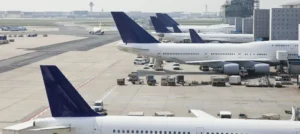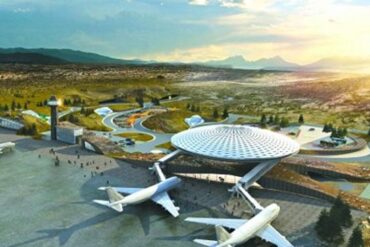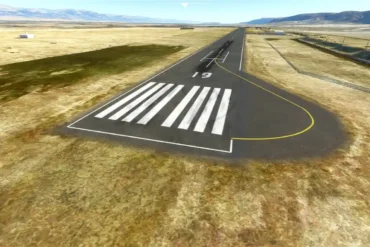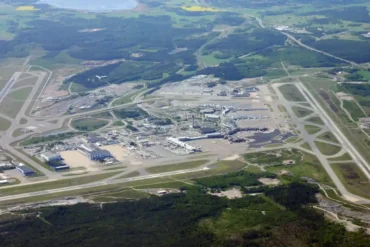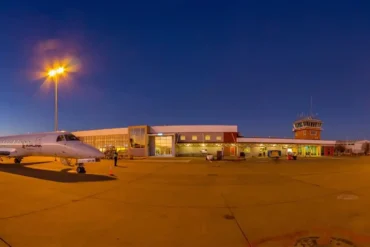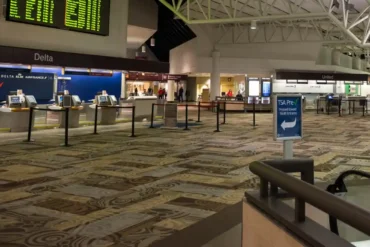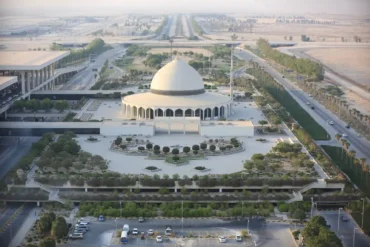Slot Times are the specific times that airlines or private jet operators are assigned for their aircraft to take off or land at busy airports. These scheduled timeslots play a crucial role in managing air traffic and ensuring things run like clockwork.
Airport coordinators and aviation authorities are in charge of assigning these Slot Times. They have to consider a lot of factors, like the airport’s capacity, the airlines’ schedules, and any environmental rules. The goal is to keep the flow of planes going smoothly and safely.
Why Slot Times Matter
Slot Times help airports in a few key ways:
- Managing Capacity: Slot Times match the number of planes trying to use the airport with what the airport can actually handle.
- Reducing Delays: By spacing out the planes, Slot Times prevent congestion on the ground and in the airspace, cutting down on delays.
- Boosting Safety: Slot Times make sure there’s enough space between planes, keeping everyone safer.
Slot Time Challenges
Assigning Slot Times has its challenges too. Making sure it’s fair for all airlines can be tricky. And if something disrupts the schedule, like bad weather, the Slot Times have to be adjusted quickly.
Airlines also have to work closely with the airport to make sure their flights fit the Slot Times they’re given. It takes a lot of coordination.
Private Jet Slot Time Needs
Private jet operators face their own Slot Time challenges. They need to carefully plan their flights to work around the available Slot Times, especially at busy airports and during peak travel seasons.
Overall, Slot Times are a crucial part of keeping airports running smoothly and safely. They require a lot of planning and cooperation, but they help make air travel work for everyone.
